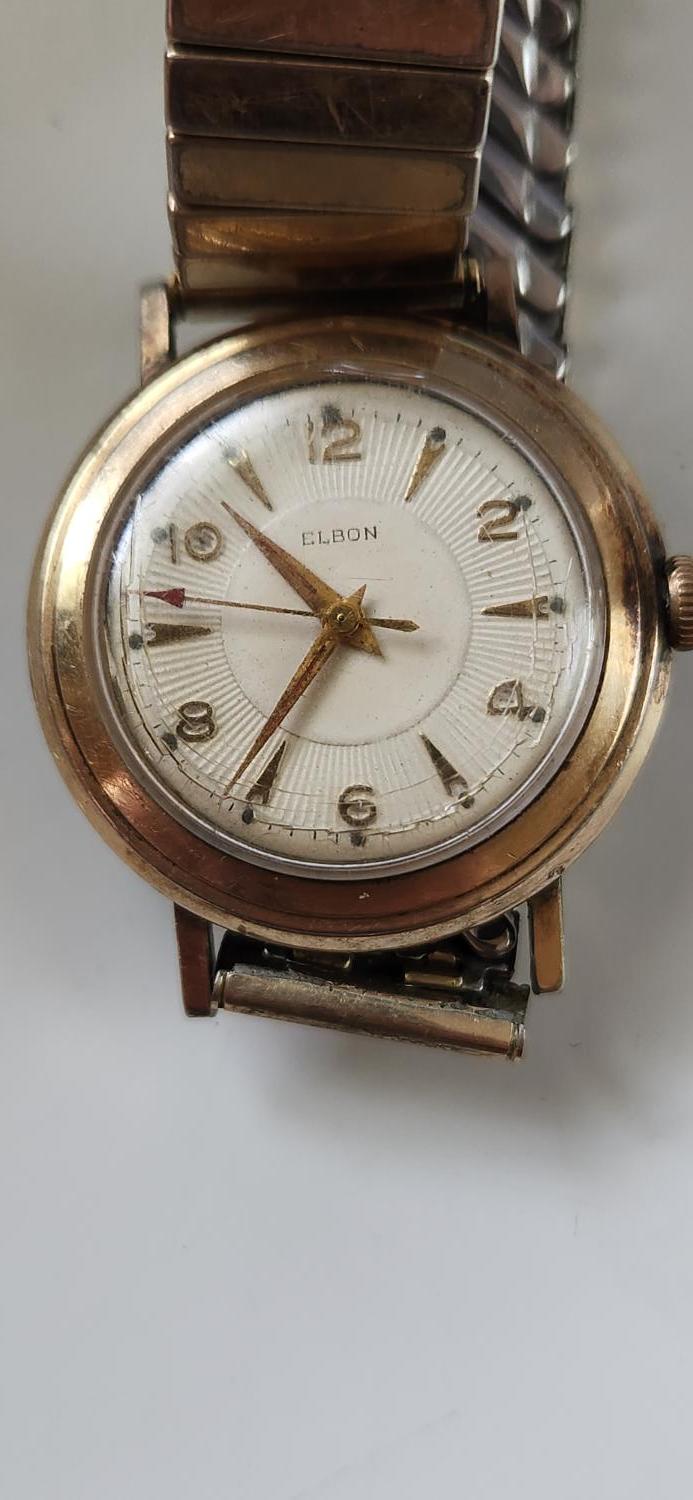Chinese watch industry: perception and reality
-
Recently Browsing
- No registered users viewing this page.
-
Topics
-
Posts
-
By Neverenoughwatches · Posted
Lay out the minute wheel bridge jumper , the yoke and the setting lever. So we can get a good look at them . I have flume and the swiss parts catalogs. -
By Neverenoughwatches · Posted
The part is roughed out with a speed run diamond disk. Finish both the ends first that way the spring doesn't get any stress and then go ahead and bring the jumper down to size last. Slowly cutting my time down. This one will be 3 hours when its finished, two hours is very doable with some practice from start to finish inc. a little polishing up on the main contact points. -
By Hawaiikook808 · Posted
Yeah Tom that’s a great deal and good point. The last one I bid on went for way over that and it was not in very good condition. 👊 -
I did mostly disassemble the whole thing and I didn't find any other markings. I didn't completely disassemble it but there was nothing that I saw under any of the bridges. I may check again just to be sure.
-
By LittleWatchShop · Posted
Well, I cannot argue with what these websites say. When you dig into the datasheets, you often find the term "pre biased" and such. The marketing department can call them what they wish--to that I concede. However, it is not a term of art. The term is not in my copy of the IEEE dictionary (c) 1996. Neither is it in my copy of The Art of Electronics.
-







Recommended Posts
Join the conversation
You can post now and register later. If you have an account, sign in now to post with your account.
Note: Your post will require moderator approval before it will be visible.